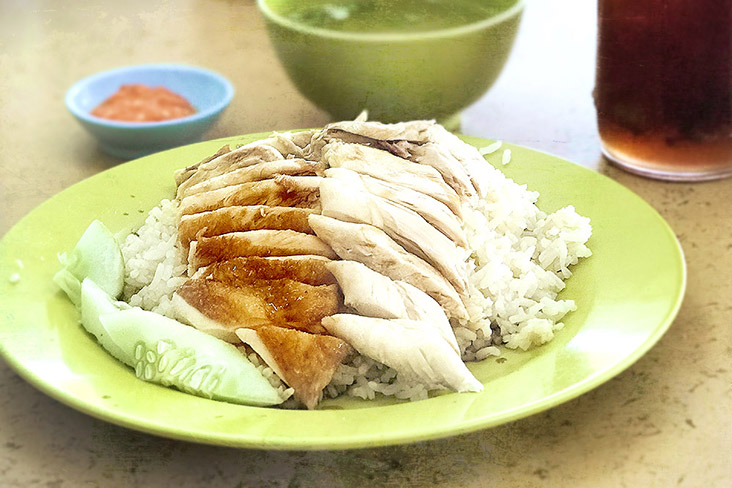Malaysia’s ban on exporting chicken to Singapore took effect on Wednesday (June 1), getting featured in The Washington Post, The Guardian, and other international news outlets because of its impact on Singapore.
The ban was implemented to ensure that Malaysians have an adequate supply of chicken, with Malaysian Prime Minister Ismail Sabri Yaakob saying in a statement on May 23, “The government’s priority is our own people.”
Up to 3.6 million chickens—or one-third of the country’s entire supply have been exported from Malaysia to Singapore monthly. However, there have been complaints from Malaysians of supply shortages as well as rising chicken prices, which led to the ban.
The owner of OK Chicken Rice, Mr Daniel Tan, was quoted by Reuters as calling the ban “catastrophic” for vendors.
He added, “The ban would mean we are no longer able to sell. It’s like McDonald’s with no burgers.”
Moreover, instead of using fresh chicken from Malaysia, his seven stalls will start using frozen chicken by this week.
Mr Tan predicted that this would result in a “strong hit to sales.”
And while frozen chicken is still available, chicken prices are likely to surge due to the decrease in supplies, with some poultry vendors telling The Straits Times that prices could increase by as much as 30 per cent.
The shortage may mean saying goodbye—at least for a time—to one of the country’s most iconic dishes, chicken rice.
Popular Tian Tian Hainanese Chicken Rice, an eatery featured in the Michelin Guide, announced on May 27 that it may stop serving its chicken dishes if it’s unable to get a fresh supply of chicken.
Tian Tian’s founder, Mdm Foo Kui Lian, 73, told ST “we will not use frozen chicken.”
The eatery will instead pivot to other dishes, bringing back fried tofu, fried pork chop, prawn salad, and others, onto its menu.
Hopefully, this situation is only temporary, and The Washington Post reported that Malaysian officials have said they expect that prices and supply will normalize within one month, although there has been no official word yet as to how long the ban will last.
But Malaysia is by no means the first country to implement the banning of food exports, and is unlikely to be the last, given the effect of Russia’s invasion of Ukraine on supply chains and global food prices.
Indonesia announced in April that it was banning the foreign sales of palm oil, although the ban has since been lifted.
India restricted sugar exports, as well as imposed a ban on exporting wheat. /TISG
https://edition.theindependent.sg/malaysia-chicken-export-ban-spore-chicken-rice-stallholders-also-face-severe-crisis-with-rent-increase/

